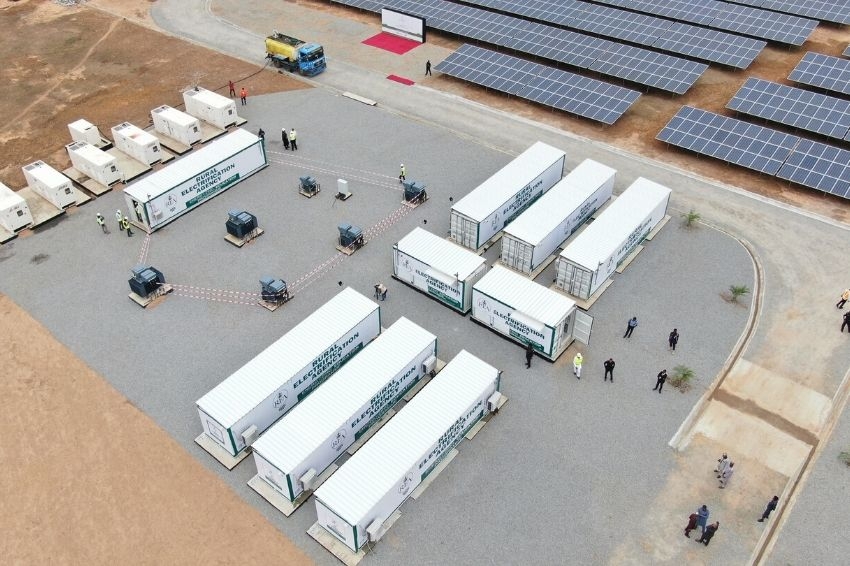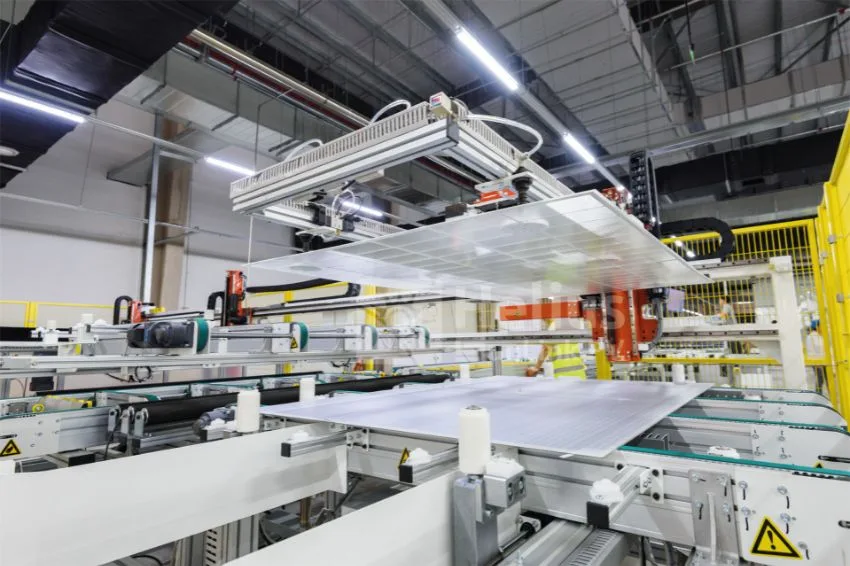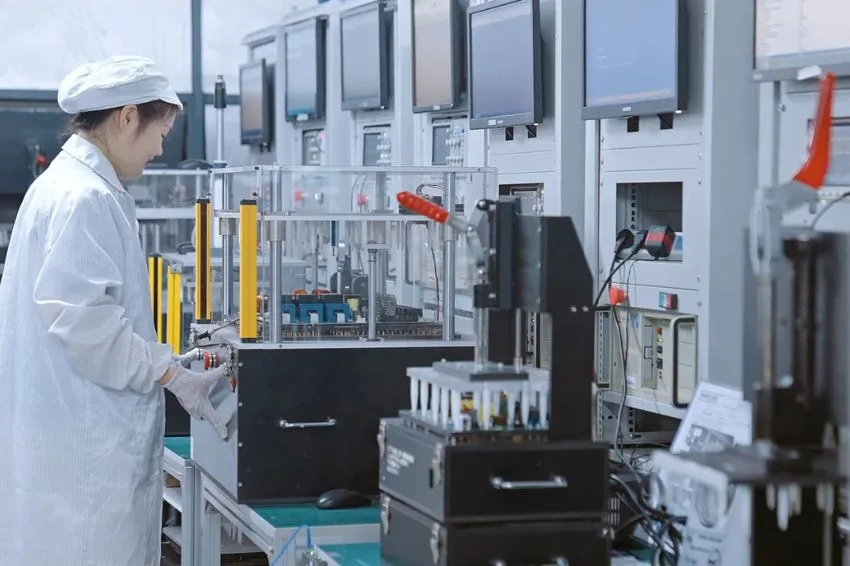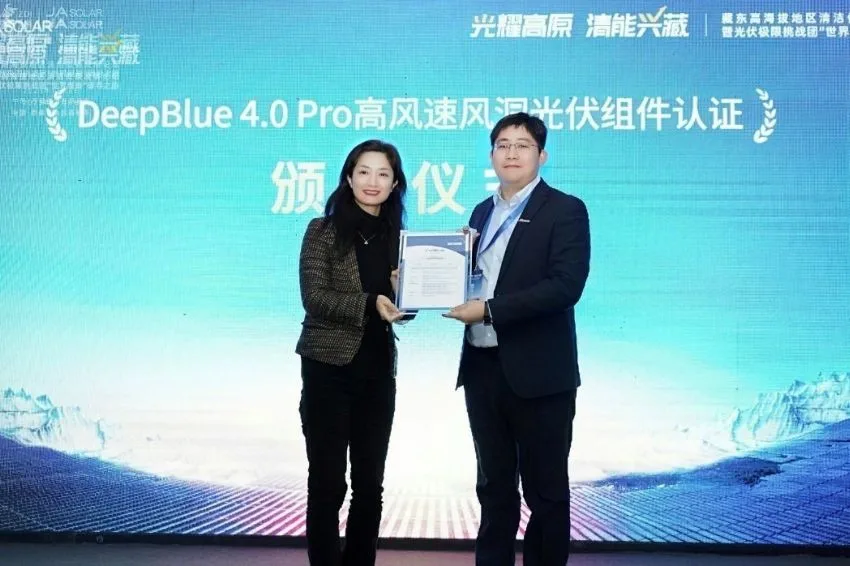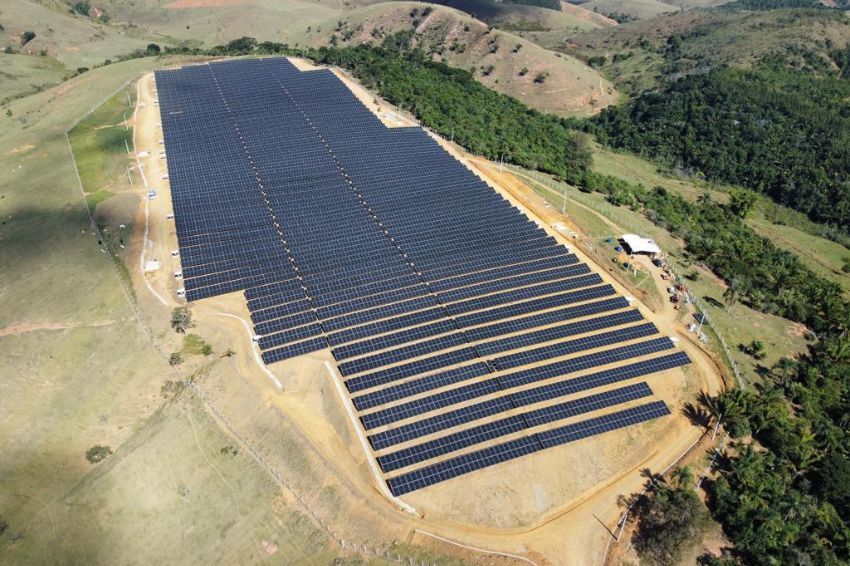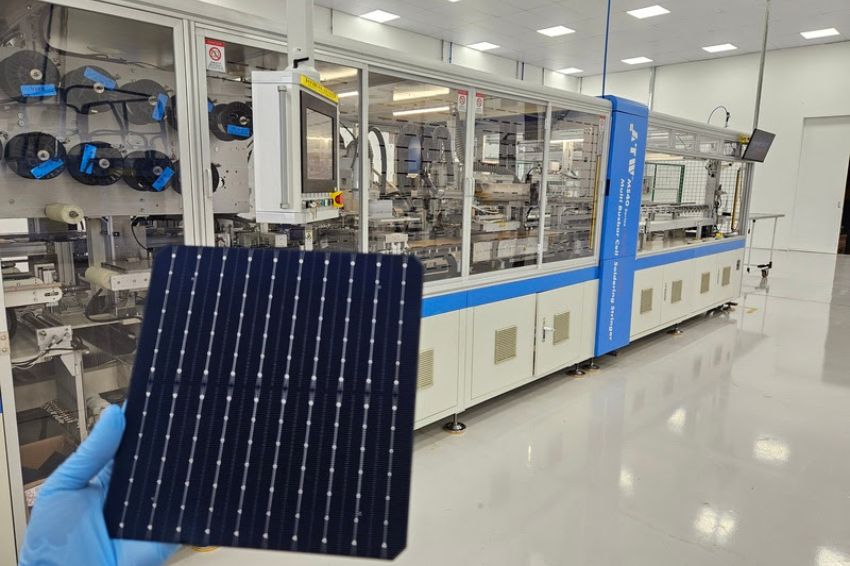Currently in Brazil, battery applications are allowed in the off-grid model, where there is no parallelism with the public electricity network.
In other more mature markets, such as Europe, Asia and the USA, it is possible for battery energy to be injected into the public grid, which helps with the reliability of the entire electrical system and also with lower tariffs.
Our country lacks regulations and rules for battery technologies to take off. This is the assessment of ABSOLAR (Brazilian Solar Energy Association).
Therefore, the agency, which has acted consistently on the subject with the competent public bodies, intends to present, in the second half of this year, a specific study to contribute to the creation of public policies and regulation of the use of batteries and technology. energy storage in the country.
The main objective of preparing this study is to stimulate and strengthen the battery storage segment in Brazil, benefiting the Brazilian electricity sector.
“We will talk about regulation, taxation and we will also address other public policies, such as financing lines. Furthermore, we will discuss technical standards, which is a subject that needs to be developed in this area”, informed Markus Vlasits, Coordinator of the ABSOLAR Storage Task Force.
According to ABSOLAR, battery storage technology brings more value to the distributed generation segment, giving consumers greater freedom and autonomy.
Furthermore, it contributes to increasing the participation of photovoltaic solar sources in the Brazilian electrical matrix, whether through centralized or distributed generation.
Vlasits emphasized that the storage sector is already a reality in many countries. “We have a market, including California, Germany, Australia and South Korea, which have considerable installed storage capacity.”

“Here in Brazil, we are starting to explore and learn about these opportunities. An important step for the Brazilian market was the approval of ANEEL (National Electric Energy Agency) for R&D (research and development) of storage projects.
Additionally, we are seeing the first generation of commercial projects, which are medium and high voltage projects. We are starting to explore this business, but there is a lot to be done”, added Vlasits.
Recently, Alsol, in partnership with BYD, set up an energy storage system, located in Uberlândia (MG), with an installed capacity of 1.26MVA / 1,366 MWh.
For Adalberto Maluf, director of marketing, sustainability and new business, the creation of regulations will make photovoltaic energy more democratic.

“BYD has already delivered more than 5,500 kWh in storage projects in Brazil, from research and development projects, in ANEEL call 21, to isolated systems in Amazonas.
On Ilha Grande and Ilha do Cardoso. We believe that it would be very important to create specific regulations on the subject so that storage can grow as an instrument for improving network quality and allow anyone to be a proconsumer, a consumer who generates, stores and returns this energy to the grid at times when the grid needs it most”.
Opportunities
Still according to Vlasits, in the storage market there are at least three segments, each of which offers specific opportunities and requires exclusive regulations:
- storage for commercial and industrial users ('behind the meter' projects): focus on reducing consumption during peak hours, reducing contracted demand, energy backup;
- large storage ('in front of the meter'): provision of ancillary services, deferral of investment in transmission and distribution infrastructure, facilitate dispatch of large renewable plants, energy trading;
- storage for isolated systems: replace diesel generator with hybrid projects (solar + storage); great environmental impact, will help to reduce the CCC (fuel subsidy paid to concessionaires and generators in the North of Brazil).
Milestone in the photovoltaic sector
Recently, the country registered the implementation of the first three-pivot irrigation system implemented on a rural property in the southwest of Goiás, around 300 km from Goiânia, using solar energy.
The estimate is that with the solution the end customer will see a reduction of 60% in daily diesel consumption.
The irrigation system is supplied through a 773 kWp photovoltaic system, with 700 kVA inverters, 750 kVA diesel generator and a battery bank with 300 kWh autonomy.
The inverters, battery bank and diesel generator operate in a coordinated manner, which guarantees excellent reliability in handling loads.


